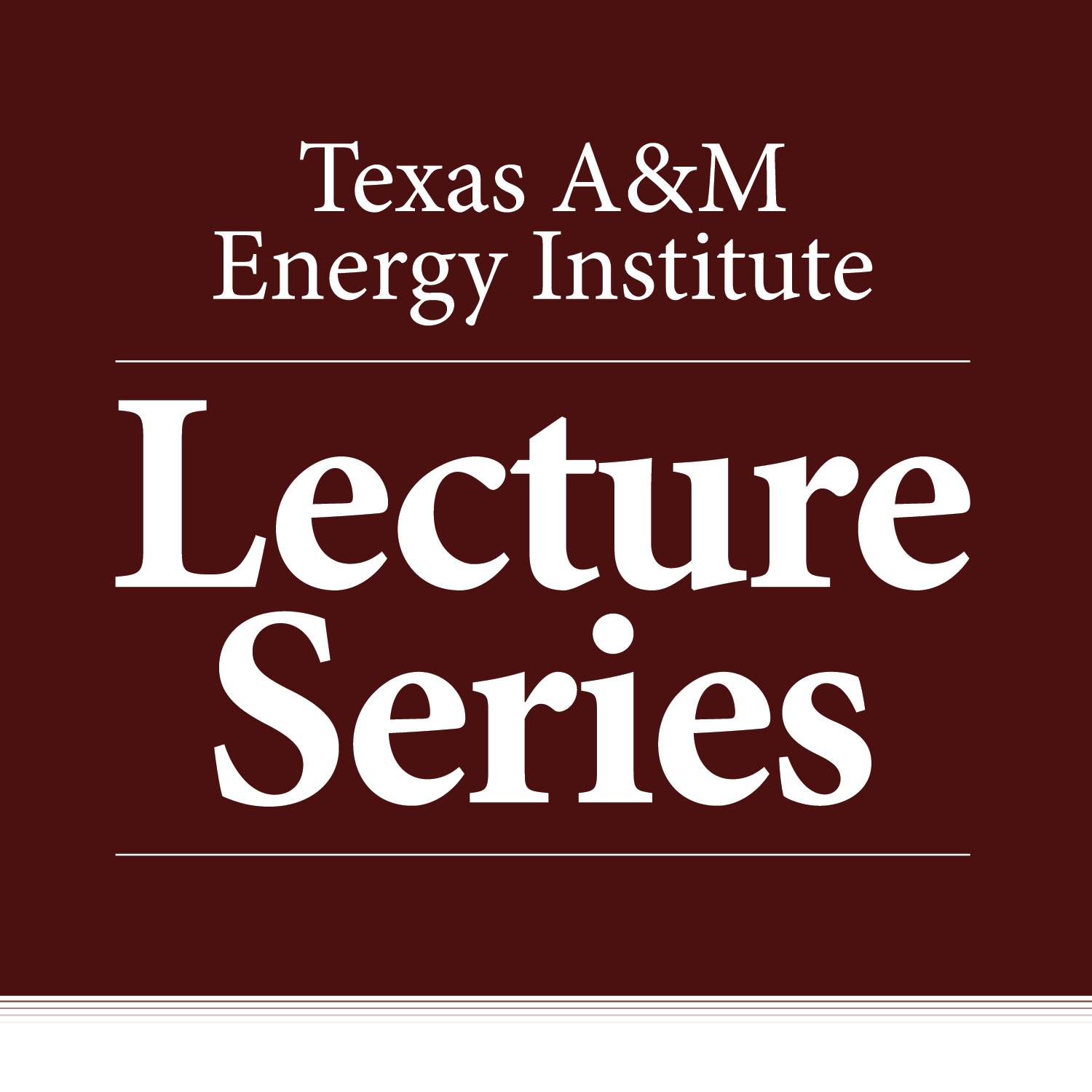
“Preparation of Robust and Functionalized Metal-Organic Frameworks for Applications in Energy”
The next presentation in the Texas A&M Energy Institute Lecture Series, featuring Dr. Hong-Cai “Joe” Zhou, Robert A. Welch Chair in Chemistry in the Department of Chemistry at Texas A&M University, will be held on Wednesday, March 8, 2017 from 3:30 – 5:00 p.m. in Rudder Tower 501. The topic will be “Some Aspects of Combustion Science Relevant to the Modern Energy Landscape.”
Abstract
Metal-Organic Frameworks (MOFs) are an emerging class of porous materials constructed from metal-containing nodes and organic linkers. Due to their structural and functional tunability as well as their ever-expanding application scope, MOFs have become one of the most fascinating class of materials. They are critical for a variety of applications in energy including gas storage and separation, energy harvesting, battery and fuel cell, as well as catalysis.
Many early MOFs made from divalent metals showed exceptional porosity and promise for a wide variety of applications, but ultimately proved unsuitable for use under harsh conditions because of their lack of stability. To improve the robustness, we have been focusing on the development of stable MOFs based on trivalent and tetravalent metals (M (III) and M (IV)), which tend to possess much greater stability due to the increased strength and kinetic inertness of the M−O bonds. The exceptional stability of M (III) and M (IV) based carboxylate MOFs have made them feasible for use in a wide-range of practical applications. However, on the other hand, the inertness of the metal-carboxylate bonds has posed a synthetic challenge for the preparation of the M (III) and M (IV) MOFs. By judicious kinetic control, we have developed multiple synthetic strategies, which have led to the “total synthesis” approach, through which a target MOF can be retro-synthetically designed and synthesized. Prior to our work, MOFs were almost exclusively formed via “one-pot” approaches. We use labile metal−carboxylate bonds to “layer-on” molecular elaborations to preformed coordination assemblies, including clusters, metal-organic polyhedron (MOPs) and other MOFs. This bridging ligand exchange reaction can make some new macromolecular coordination complexes readily accessible whereas previously they were difficult or impossible to obtain. For instance, to form MOFs from M (III) and M (IV), we developed the following synthetic strategies: First, we explored a method of kinetically-tuned dimensional augmentation of robust clusters with terminal carboxylate groups by tuning the kinetics of the synthetic procedure. Secondly, we developed post-synthetic metathesis and oxidation reactions, where redox chemistry is applied to mediate bridging ligand exchange. Thirdly, we used sequential installation of up to three different linkers to give mixed linker MOFs with crystallographically ordered structures. Most recently, we enriched the MOF synthetic tool box by introducing linker labilization, in which selective linkers were exchanged, cleaved, and removed to create MOFs with hierarchical pore structures controllably.
Biography
Hong-Cai “Joe” Zhou obtained his Ph.D. in 2000 from Texas A&M University under the supervision of F. A. Cotton. After a postdoctoral stint at Harvard University with R. H. Holm, he joined the faculty of Miami University, Oxford in 2002. He moved back to Texas A&M University in 2008, and has been a full Professor of Chemistry for 8 years. He was promoted to a Davidson Professor of Science in 2014 and a Robert A. Welch Chair in Chemistry in 2015. He was recognized as a Thomson Reuters “Highly Cited Researcher” in 2014, 2015, as well as 2016. He was elected as a Fellow of the American Chemical Society, a Fellow of the Royal Society of Chemistry, and a Fellow of the American Association for the Advancement of Science in 2016. His research focuses on the discovery of synthetic methods to obtain robust framework materials with unique catalytic activities or desirable properties for clean-energy-related applications. Dr. Zhou has published more than 210 papers with more than 100 published in journals with impact factors of more than 10, an overall h-index of 72, and a total of 25,000 plus citations (Thomson Reuters). In 2016 alone, his work has received more than 5,000 citations. He has been an Associate Editor for the ACS journal Inorganic Chemistry since 2013.


